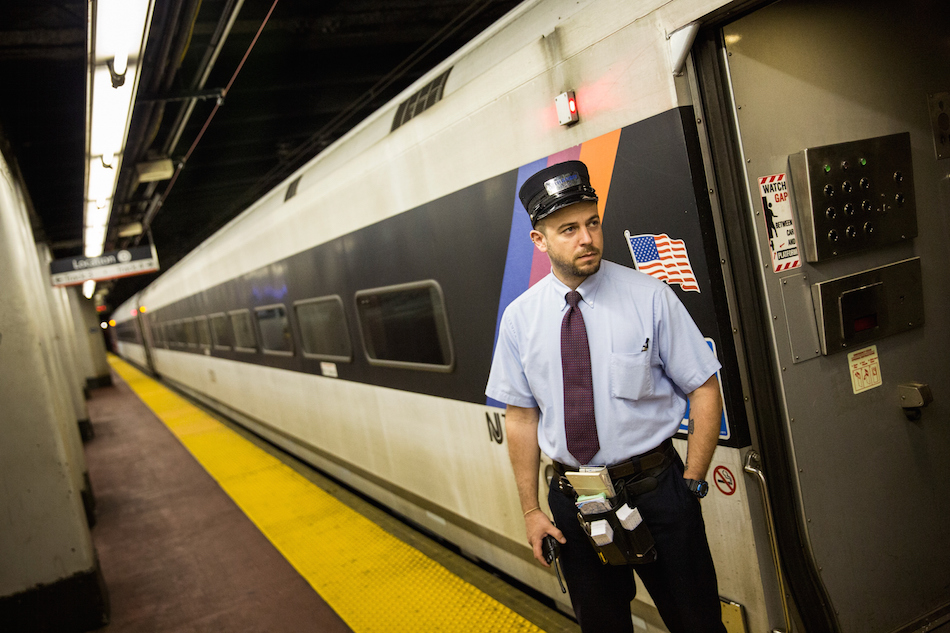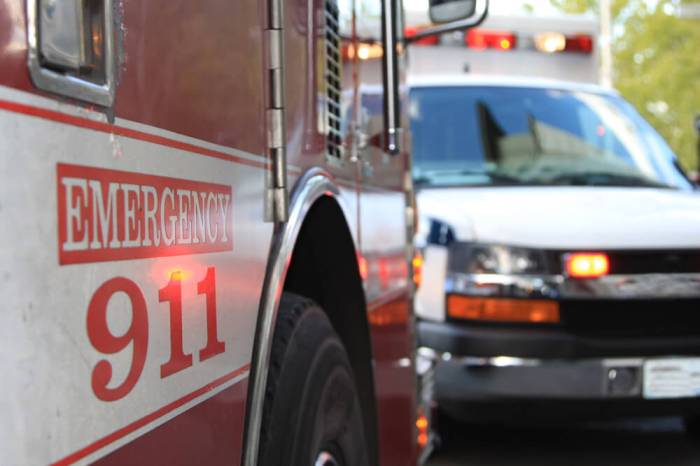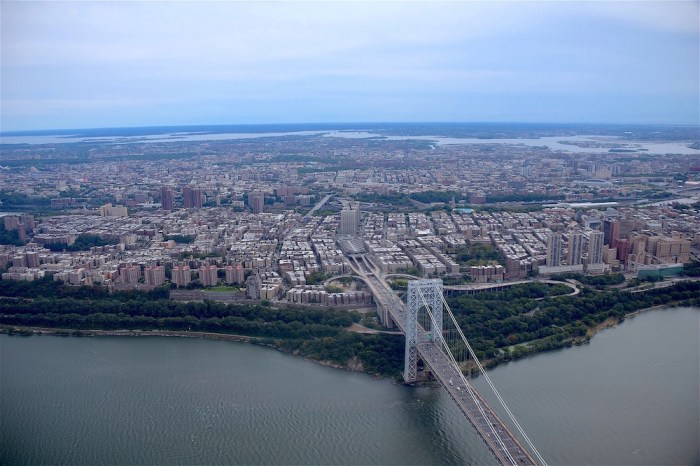More than a week ahead of a possible strike of thousands of railroad employees, NJ Transit revealed its emergency plan.
NJ Transit Interim Executive Director Dennis Martin announced on Thursday morning that in the case of a strike on March 13 the agency has worked to develop a plan for commuters.
If there is a strike, no rail service will be provided on the Northeast Corridor (including the Princeton Branch/Dinky), North Jersey Coast, Morris & Essex (including Gladstone), Main/Bergen County, Montclair-Boonton, Raritan Valley, Pascack Valley, Atlantic City and Port Jervis lines. RELATED:NJ Transit train fatally strikes person, hourlong delays reported “Make no mistake our contingency service cannot replicate the railroad,” Martin said.
The contingency plan will include adding capacity to existing New York commuter bus routes in close proximity to rail stations, contracting private carriers to operate bus service from key park-ride locations during weekday peak periods, increasing capacity on three light rail systems and maximizing use of available PATH and ferry service. Park-and-ride lots will be opened on a first-come, first-serve basis and buses to New York City are expected to leave from MetLife Stadium, Ramsey/Route 17, Metropark, Hamilton and PNC Bank Arts Center. The locations were chosen based on size and parking capacity, access to regional highways and geographical distribution. The park-ride routes will only operate on weekdays from 6 to 10 a.m. and 4 to 8 p.m. peak periods.
NJ Transit will also enhance peak period service on 29 existing New York bus routes close to stations.
When creating the plan, NJ Transit focused on resources for its rail customers, which are New York-bound customers — and make up about 105,000 customers.
However, although the plan includes increasing bus, ferry and light rail service, a maximum of only about 40,000 people will be able to commute to and from New York — compared to an average of 160,000 on a typical weekday. “This will not be a normal commute for anyone,” Martin said. “All travelers will share in the pain and inconvenience if there is a rail stoppage.”
All existing valid rail tickets and passes with origin or destination of New York will be accepted for travel on all park-ride service, and will be cross-honored on NJ Transit buses and light rail lines, private bus carriers, PATH, NY Waterway and Seastreak. Commuters are asked to plan ahead on alternatives, regularly check the NJ Transit website and sign up for alerts.
Officials warned commuters that in the case of a strike, there will be extensive delays and backups on buses and also on the roads — and they were reminded to remain patient and friendly to others. Employers were also advised to make any necessary adjustments for employees who normally rely on NJ Transit to get to and from work.
“Bus and light rails cannot duplicate our rail services, we’re communicating this ahead of time because we need our customers and general public to know this and plan accordingly,” Martin said. According to CBS New York, NJ Transit unions have been working without a new contract since 2011 and union leaders are in the process of negotiation changes in contracts when it comes to health care and wages. RELATED:MBTA kills late-night service
Both sides are meeting with the National Mediation Board in Washington D.C. on Friday but if a deal is not reach before March 13 unions have authorized a walkout just after midnight. The last NJ Transit strike was in 1983. For specific details on the plan, visit njtransit.com/railstoppage.
NJ Transit reveals contingency plan during possible strike

Getty Images


















